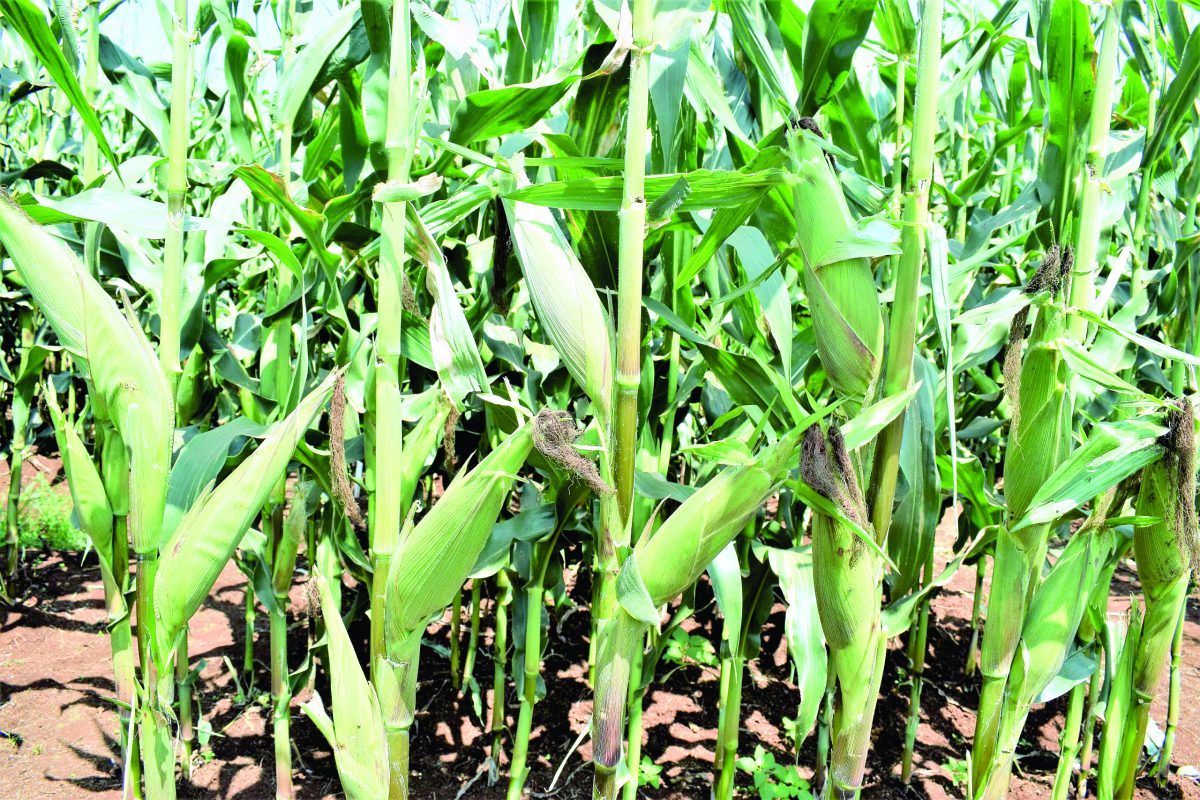Excessive soil acidity denies farmers good yields – expert

Researchers have warned that high soil acidity in the country is denying farmers better yields and needs to be tamed to spur food production.
The scientists from Kenya Agriculture Livestock and Research Organization (Kalro) say the country’s soils are toxic hence the continued decline of food stocks.
Speaking during a farmer’s field day at the Kalro’s National Agriculture Research Laboratories (NARL) Kabete, the Centre director Esther Gikonyo said the challenge is further compounded by a lack of regular soil tests.
Current laboratories with Kalro only manage to test between 12,000 and 14,000 samples annually but if modernised the same can manage to examine more than 50,000 samples.
Also contributing to the low yields is the low application of lime and quality fertilisers to replenish depleted nutrients in arable farmlands that have lost fertility due to continuous cropping and population pressure, particularly in the medium and high rainfall areas of the country.
Crop production
“For the medium and high rainfall areas where the soil PH levels are below the optimal levels for good crop production, liming is a cheap technology as it is cheaply available in the country with local agro-vets shops selling the same at between Sh300 and Sh600,” said Gikonyo.
An acre, she advised needs 16 bags of lime. The same is effective for three years, but there is a lack of assistance from extension services who are ignorant of the benefits of lime.
Gikonyo noted that application of lime has only been effective in cash crops such as coffee and tea though there is little preference for the same in food crops.
The researcher lamented that soil sourness levels in medium and high rainfall regions currently stands at 63 per cent denying farmers the ability to produce more food.
Agriculture Principal Secretary Kello Harsama acknowledged during a recent interview that high soil acidity is one of the challenges inhibiting food production in the country.
“Due to the challenge of soil and low nutrients level and escalating climate change effects, we are recommending change of various fertilisers as well as increase in use of lime,” he said.












